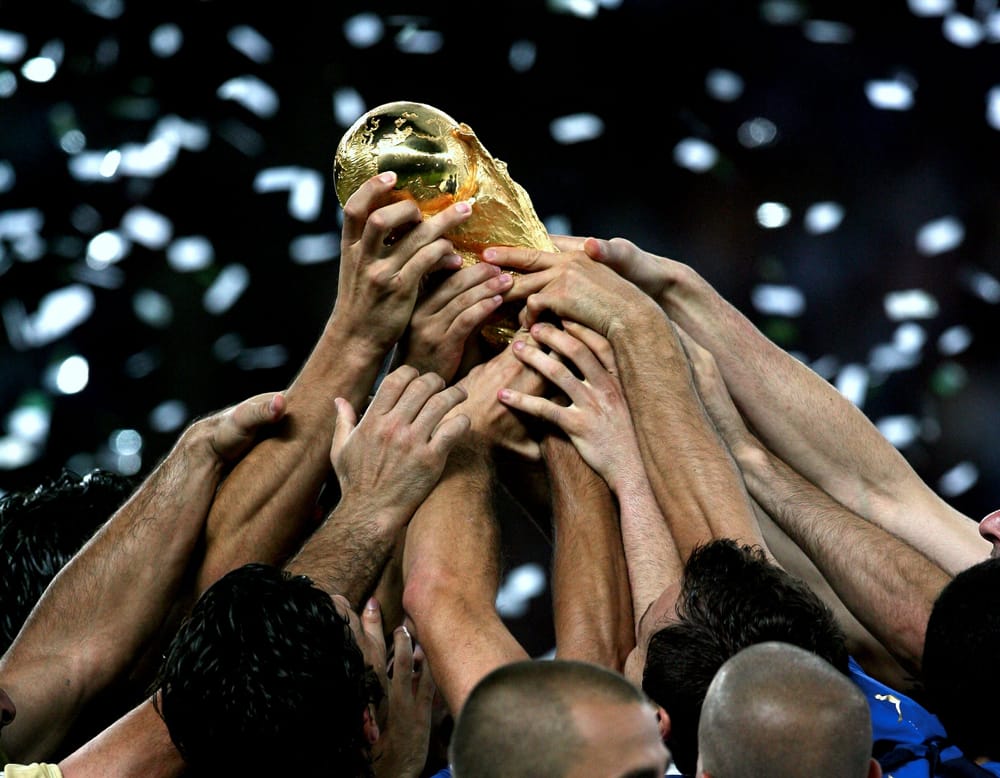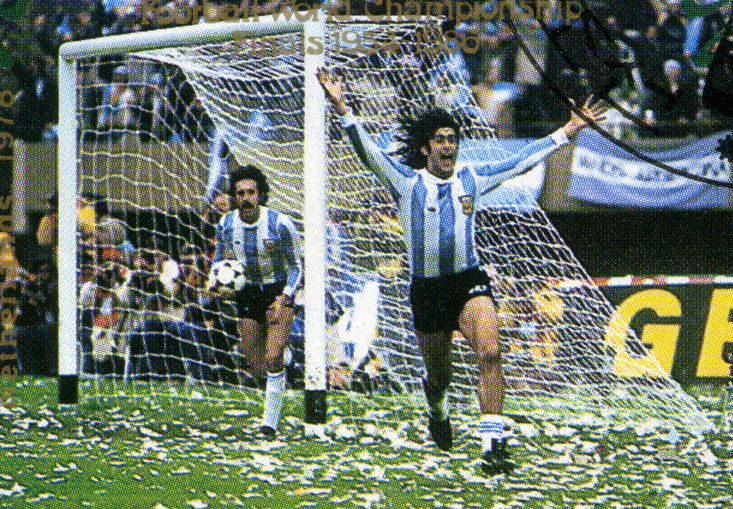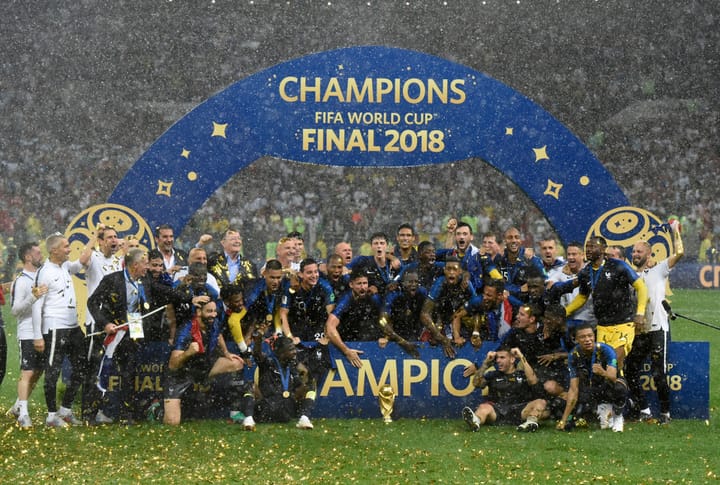The Pitch of Passion: Unveiling the Top 5 Most Politically Charged World Cup Clashes
In this article, we will explore five of the most politically charged matches in World Cup history.

The FIFA World Cup is undoubtedly one of the most anticipated and celebrated sporting events in the world. It brings together nations and fans from all corners of the globe, creating an atmosphere of unity and excitement. However, in some instances, politics have infiltrated the beautiful game, turning certain matches into politically charged battlegrounds. These matches have not only showcased the intense rivalries on the field but also reflected the deeper political tensions and conflicts between nations. In this article, we will explore five of the most politically charged matches in World Cup history, highlighting the controversies and historical contexts that have shaped these encounters.
East Germany vs. West Germany, 1974
In 1974, the World Cup took place in West Germany, and it was a tournament marked by the political divisions that existed at the time. One of the most politically charged matches of that edition was the encounter between East Germany and West Germany. Following World War II, Germany was divided into two separate nations, with West Germany being recognized as the superior soccer team. However, in a surprising turn of events, East Germany managed to qualify for the tournament, setting the stage for an intense clash between the two sides.
The match between East Germany and West Germany took place in the group stage, with both teams having already secured their spots in the next round. East Germany, considered the underdogs, stunned their western counterparts by securing a 1-0 victory. This unexpected result not only gave East Germany a memorable triumph but also posed a significant blow to the pride of West Germany. Ultimately, West Germany went on to win the tournament, but the victory of their East German neighbors added an extra layer of tension and rivalry to the competition.
Angola vs. Portugal, 2006
The match between Angola and Portugal in the 2006 World Cup held in Germany was another politically charged encounter. Angola had gained independence from Portuguese rule in 1975 after a prolonged struggle. The match between these two nations was highly anticipated, as it symbolized the clash between former colonizers and the newly liberated nation. Expectations were high for a heated and intense game, but the actual match turned out to be relatively uneventful.
Portugal emerged as the victors with a narrow 1-0 win, thanks to a goal from Pedro Pauleta. Despite the lack of drama on the field, the match itself served as a reminder of the historical tensions between Angola and Portugal. It highlighted the complex relationship between colonizers and the colonized and the lingering effects of colonialism that continue to shape the dynamics between nations.
USA vs. Iran, 1998
The match between the United States and Iran during the 1998 World Cup is often regarded as one of the most politically charged games in the history of the tournament. The political tension between the two nations can be traced back to the Iranian Revolution in 1979, when the Shah of Iran was overthrown, leading to strained relations with the United States.
In the group stage match, Iran emerged as the victors with a 2-1 win, eliminating the United States from the tournament. The result sparked wild celebrations among Iranian fans, but it also provided an opportunity for reconciliation and friendship. In a symbolic gesture, Iran's players presented each American player with a white flower, signifying a desire for peace and goodwill. The match served as a powerful reminder that sports can transcend political differences and foster understanding between nations.
England vs. Argentina, 1986
The 1986 World Cup quarter-final match between England and Argentina is etched in soccer history for both its sporting moments and political undertones. The match is best remembered for the infamous "Hand of God" goal scored by Diego Maradona, which involved a clear handball that went unnoticed by the referee. However, beyond the sporting controversy, the match also had significant political implications.
Just four years prior to the World Cup, Argentina and England had been engaged in a bitter conflict known as the Falklands War. The war, which lasted for over two months, resulted in the loss of lives and heightened tensions between the two nations. The match between England and Argentina became a symbolic clash between the countries, with emotions running high on and off the field.
Maradona's "Hand of God" goal and his subsequent mesmerizing solo effort, often referred to as the "Goal of the Century," were seen by many as a form of revenge for Argentina against their former colonizers. The match served as a potent reminder of the political and historical context that can shape soccer rivalries.
Italy vs. France, 1938
The 1938 World Cup in France was the last tournament held before a 12-year hiatus due to World War II. The match between Italy and France in the quarter-finals of that edition stands out as one of the most politically charged encounters in World Cup history. At the time, tensions were high between Italy and France due to Italian Fascist leader Benito Mussolini's support of General Franco in the Spanish Civil War, which angered the French.
The Italian team, known for their association with the fascist regime, faced a hostile reception in France. The players wore black armbands and performed the Fascist salute before each match, creating an atmosphere of animosity and protest from the French spectators. The tension reached its peak during the match against France, where Italy emerged as 3-1 winners.
The victory for Italy, in the heart of France, was seen as a triumph for fascism and a symbolic blow to French national pride. The match highlighted the deeper political divisions and ideologies that were prevalent in Europe at the time and became a significant moment in World Cup history.




